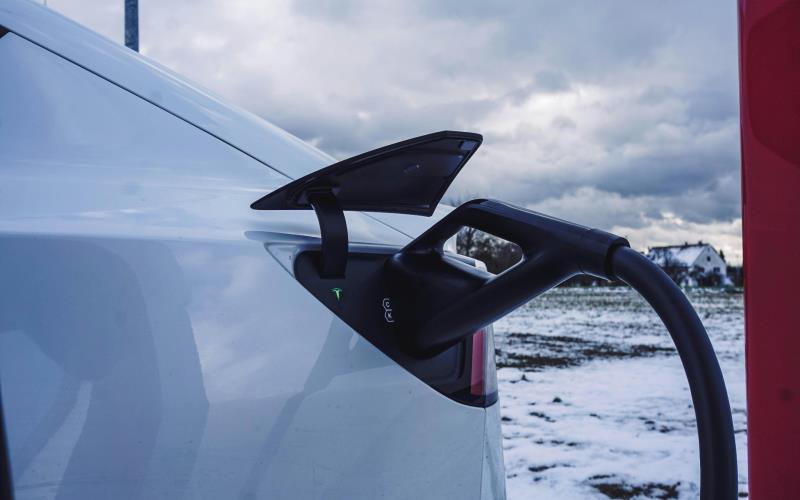Quickening the evolution toward a more sustainable future, electric vehicles (EVs) represent an essential advancement towards cleaner transportation. But, acquiring an eco-friendly vehicle is just the beginning of the voyage. The heart of the matter rests in securing the key infrastructure: the EV chargers.
To catalyze the uptake of EVs, governing bodies across the United States are executing a cornucopia of incentives to incite homeowners and businesses to establish EV charging stations. This short guide serves as your handbook to leveraging these initiatives.
Exploring the Benefits: The Reasons Behind the Popularity of EV Chargers
Whether intended for commercial establishments or residential spaces, the erecting of an Apex Charger offers a multitude of boons. With the relentless surge of electric vehicles, drivers are consistently on a quest for charging stations. For commercial organizations, offering an EV charging solution can act as a shrewd tactic to attract fresh clientele, magnify inbound foot traffic, and extend the duration of customer visits, thereby distinguishing the business from its competitors.
Simultaneously, the swell in electric vehicle adoption has instigated a rising demand for homes outfitted with EV charging amenities. For proprietors, this scenario presents a prospect to enhance their property valuation. A strategically stationed EV charger at a dwelling is now viewed as a prized facility, particularly for those with an inclination towards eco-friendly living.
What’s more, the benefits of EV chargers extend beyond monetary profits – they reaffirm broader environmental goals. Given that EVs emit significantly reduced greenhouse gases compared to their gasoline-dependent counterparts, chargers back this cleaner mode of transportation, promoting greener communities.
Government Incentives: What Opportunities Await?
Aiming to promote widespread EV charger usage, government bodies have introduced various financial incentives ranging on federal and state levels. These could significantly lessen your initial investment, leading to noteworthy savings.
The Role of Federal Support: Availability of Tax Credits and Grants
The federal government has played a pivotal role in encouraging the setting up of EV chargers by presenting generous tax credits and grants. Under the reinstated Alternative Fuel Vehicle Refueling Property Tax Credit initiative, qualifying entities may receive up to 30% tax credit on expenses incurred on purchasing and setting up an EV charger.
Additionally, federal grants have been channeled to fortify the EV infrastructure. These are chiefly aimed at businesses, municipalities, and non-profit organizations striving to incorporate EV chargers into their public or commercial premises.
State and Local Level Incentives
State and local government bodies are also actively fostering the EV culture by presenting their unique incentive schemes. States such as California, New York, and Colorado offer lucrative rebate programs that alleviate the expenses of charger installations for both commercial and residential properties.
Taking the Leap: Transitioning to EV Chargers
The erection of an EV charger extends beyond personal convenience or business innovation—it symbolizes a leap towards a brighter, sustainable future. Government incentives aim to smoothen this shift by eliminating substantial financial hindrances.
Whether you’re eyeing a residential setup for personal purposes or contemplating a business installation to attract eco-conscious consumers, the array of available programs make a convincing case to act promptly. Invest indispensable time to explore the myriad of federal, state, and local schemes to understand their potential benefits. Each charger installed symbolizes a significant stride towards a cleaner, more sustainable future—and you have the power to be an instrumental part of this transformation.





